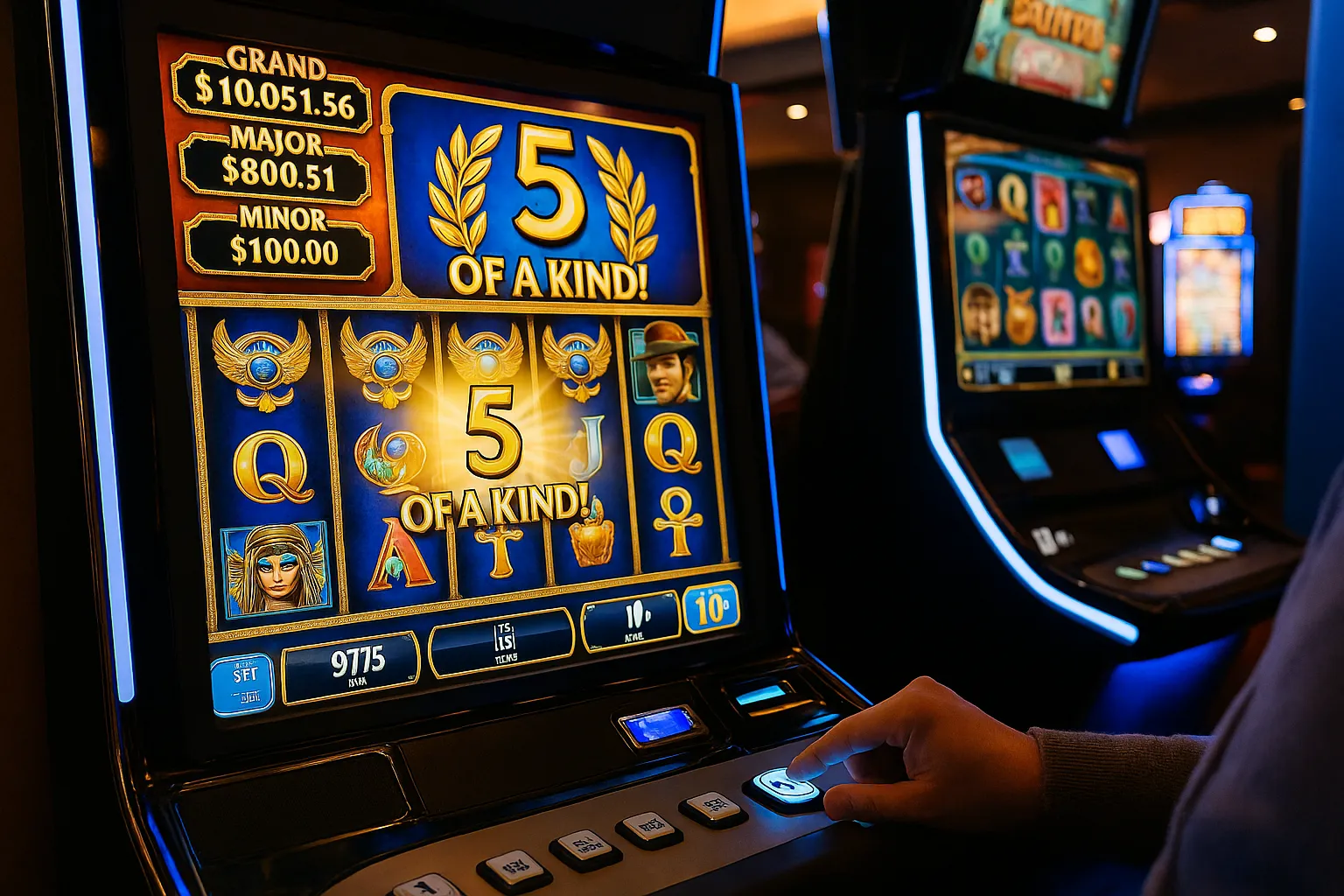Slot machines have long been the centerpiece of casinos, both online and offline. With their flashing lights, immersive graphics, and exciting soundtracks, they draw in millions of players every day. But behind the surface-level attraction, one question lingers: do slot themes have more influence on players than the actual odds of winning? Having observed the evolution of slots and their digital counterparts, I can confidently say that themes often play a more powerful role in shaping player behavior than most realize.
The Power of Themes in Slot Machines
Themes in slots are not chosen randomly—they are designed to trigger emotional and psychological connections. Ancient Egypt, fantasy adventures, movie tie-ins, and even classic fruit machines all exist to appeal to different types of players. For many, the decision to play a slot machine has little to do with return-to-player (RTP) percentages and more to do with how engaging and relatable the theme feels.
This becomes even more apparent in the world of online gaming, where developers compete to stand out in a crowded marketplace. A slot’s odds may be nearly identical to its competitors, but if the theme feels fresh and exciting, players are far more likely to click on it. Much like crash games gambling, where the thrill comes not just from numbers but from suspense and anticipation, slot themes are designed to create atmosphere and immersion. You can see more on this through resources like crash games gambling, which highlight how design and psychology intertwine in modern betting formats.
Why Odds Take a Back Seat
In theory, odds should matter most. The RTP rate and volatility of a slot dictate how often and how much a player is likely to win over time. Yet, most players rarely check these numbers before spinning. Instead, they’re guided by how much fun they expect to have. A slot with a cinematic theme or immersive storyline feels more rewarding—even if its payout odds are slightly worse than a more basic machine.
Casinos understand this dynamic well. They position themed slots prominently and use visual appeal as the primary marketing hook. Odds, while important to informed players, simply don’t have the same immediate pull as an exciting theme.
The Psychological Impact of Themes
Themes do more than attract attention—they influence how long players stay engaged. Bright visuals, interactive features, and recognizable characters create a sense of connection that keeps people spinning. A player who enjoys mythology may spend hours on a Zeus-themed slot, even if the machine has the same mathematical setup as a fruit slot.
Themes also tap into nostalgia and identity. Movie fans may be drawn to branded slots, while adventure lovers enjoy quests with levels and challenges. These emotional anchors encourage continued play, sometimes long after players would have walked away from a plain slot with better odds.
Storytelling and Player Engagement
Modern slot developers increasingly treat their games like mini video games. Storytelling, bonus rounds, and progression systems make players feel they’re part of an ongoing adventure rather than a repetitive gambling loop. This gamified approach keeps players returning, driven less by expected value and more by the excitement of “what happens next.”
This mirrors trends across digital entertainment, where engagement often outweighs reward. Players know the house edge exists, but the thematic experience makes it feel worthwhile. It’s less about probability and more about participation.
How Casinos Use Themes Strategically
Casinos don’t just design themed slots for entertainment—they use them strategically. By offering diverse themes, they appeal to broader demographics. Younger players may gravitate toward video game-inspired designs, while older audiences may prefer classic fruit or historical themes.
The strategic use of themes allows casinos to keep different audiences engaged simultaneously, increasing overall playtime and revenue. Odds remain a constant in the background, but it’s the theme that brings players through the door.
Are Players Aware of the Trade-Off?
Interestingly, most players are aware that odds are stacked against them, yet they still choose themes over percentages. The perception of fun and immersion often outweighs the reality of mathematical disadvantage. In a sense, players willingly trade slightly worse odds for a more enjoyable gaming experience.
This makes themes not just an accessory but a critical part of the slot machine’s appeal. Without them, casinos would struggle to maintain the same level of engagement.
Final Thoughts
So, do slot themes affect players more than actual odds? The evidence suggests they do. While odds determine the mathematical backbone of the game, themes control how players feel, how long they play, and whether they return. Themes create the illusion of control and adventure, turning what could be a purely mathematical exercise into an experience filled with excitement and meaning.
For casual players, this makes slots more fun and engaging. For serious gamblers, it serves as a reminder that while themes entertain, the odds never change. Ultimately, themes and odds work hand in hand, but for most players, it’s the theme that truly drives behavior.




